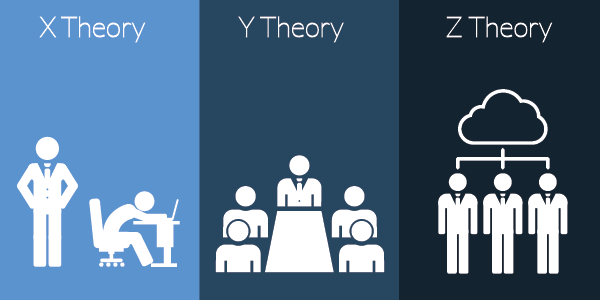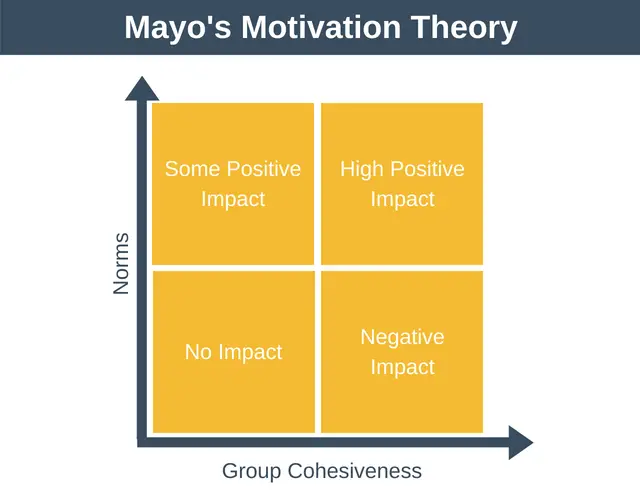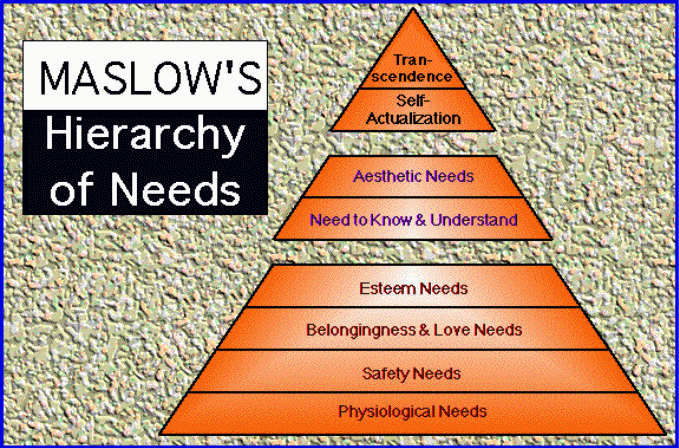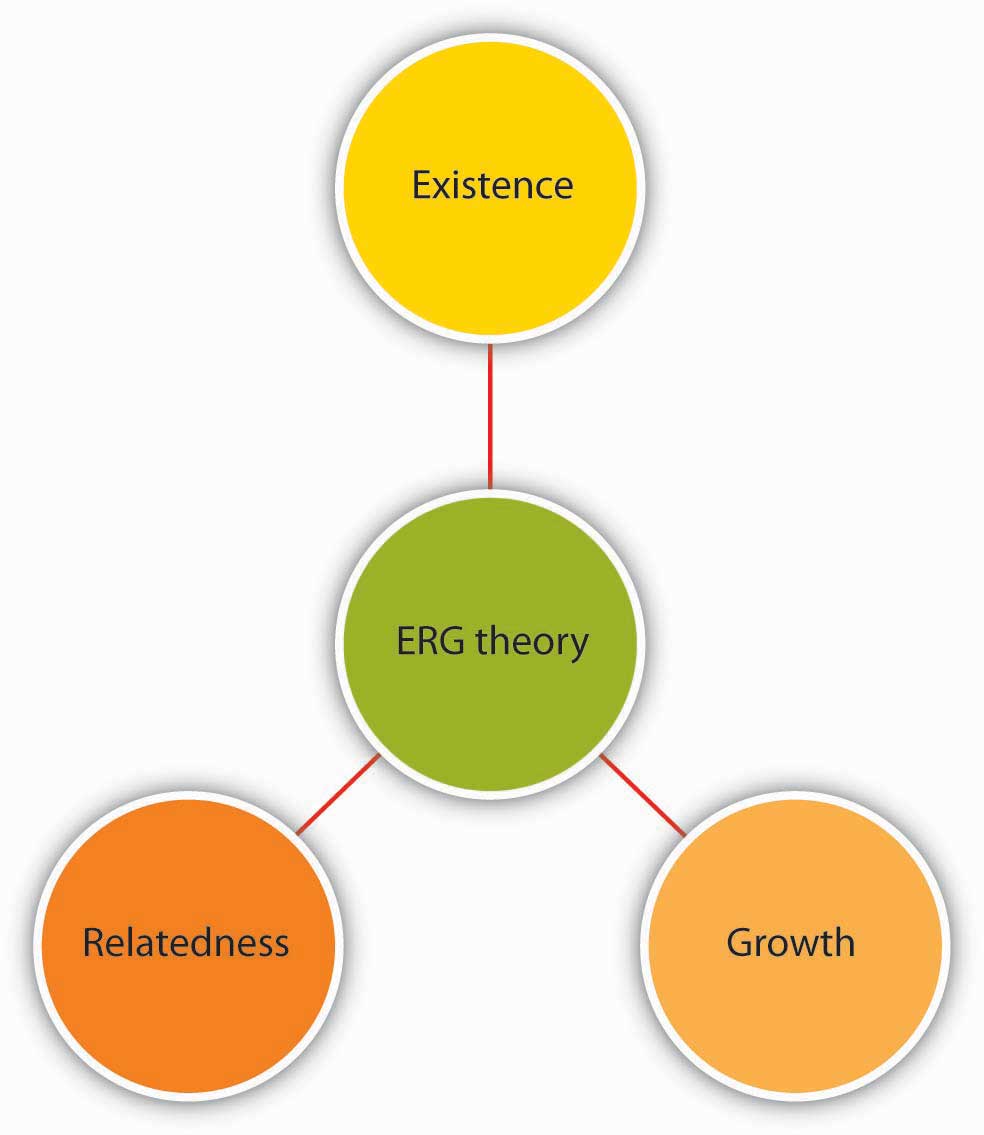Motivation is a key factor in the success of any organization, and as such, it is important for managers to have a thorough understanding of motivation theories in order to effectively lead and manage their teams. A motivation theory is a framework or model that helps to explain how and why people are motivated to behave in certain ways. There are many different motivation theories, each with its own unique perspective on the factors that drive human behavior.
One of the most well-known motivation theories is Maslow's Hierarchy of Needs. According to this theory, people are motivated by a hierarchy of needs, starting with basic physiological needs such as food and shelter, and moving up through safety, love and belonging, esteem, and self-actualization. This theory suggests that people are motivated to fulfill their lower-level needs before moving on to the next level, and that once these needs are met, they will be motivated to pursue higher-level goals.
Another important motivation theory is the Expectancy Theory, which proposes that people are motivated by their belief that they can successfully complete a task and achieve a desired outcome. This theory suggests that people will be more motivated to complete a task if they believe they have the necessary skills and resources to do so, and if they believe that the task is important and meaningful to them.
Self-Determination Theory is another important motivation theory that focuses on the role of internal factors in motivation. According to this theory, people are motivated by their own personal goals and values, and are more likely to be motivated when they feel a sense of autonomy and control over their own actions.
Motivation theories can be useful for managers in a number of ways. First and foremost, understanding these theories can help managers to identify the specific needs and desires of their employees, and to tailor their leadership style and management strategies accordingly. For example, if a manager understands that an employee is motivated by the need for recognition and esteem, they may choose to provide regular feedback and praise in order to increase that employee's motivation.
In addition, motivation theories can help managers to design effective incentive programs and rewards systems that are tailored to the needs and motivations of their employees. For example, a manager who understands that their employees are motivated by a sense of accomplishment and personal growth may choose to implement a program that rewards employees for completing challenging projects or learning new skills.
Overall, motivation theories are an important tool for managers to understand and utilize in order to effectively lead and motivate their teams. By understanding the different factors that drive human behavior, managers can create a positive and supportive work environment that encourages employees to perform at their best and achieve their full potential.








